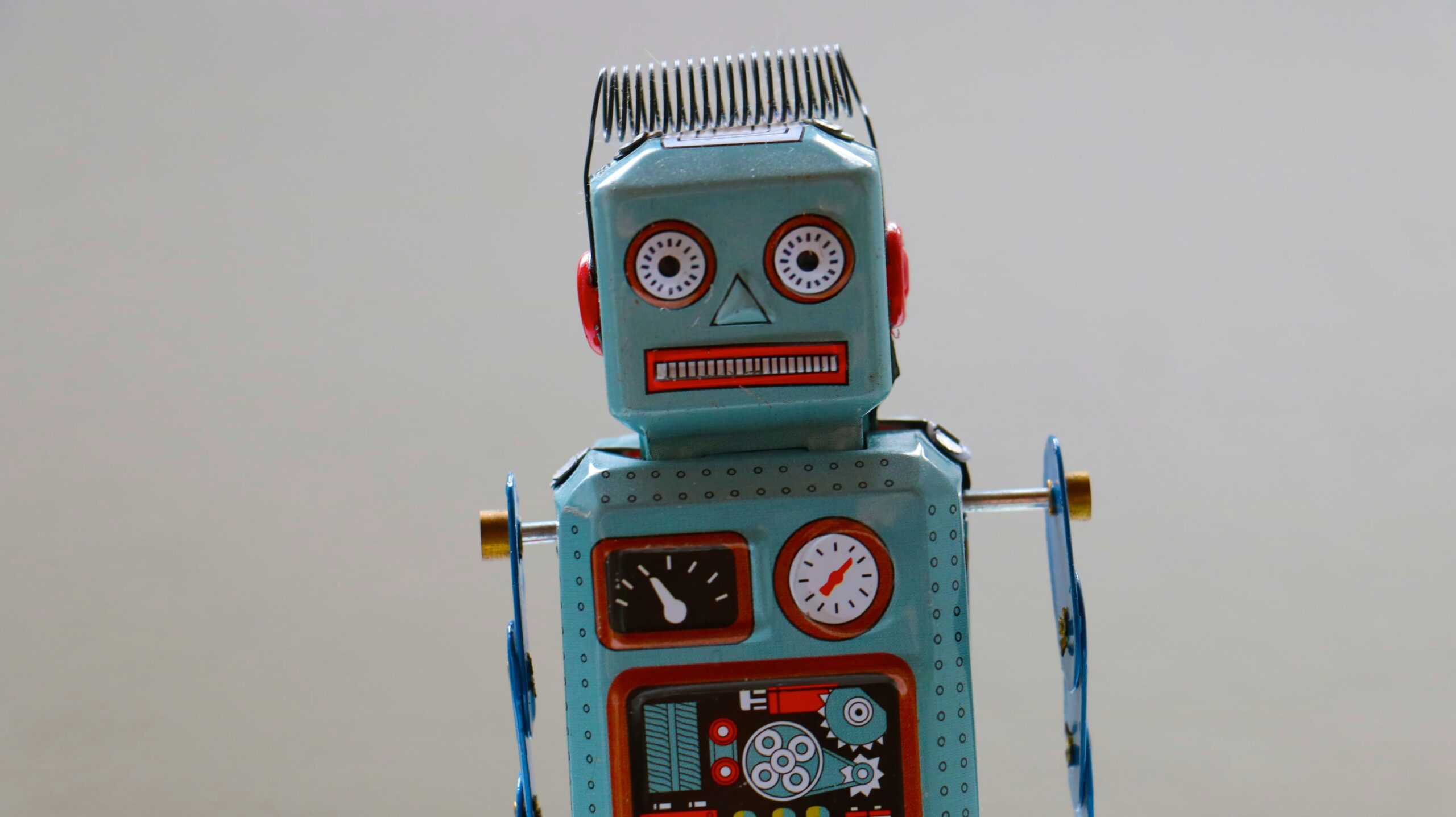By Manel Aidi, Test lead at Liminal Discovery
As a quality assurance professional, you’ve likely wrestled with the tough reality of limited resources. Ensuring comprehensive test coverage for new features within each agile sprint is a demanding task. This challenge is intensified by modern business strategies aimed at slashing, or even eliminating, testing costs, leaving quality assurance professionals to adapt and innovate.
Navigating change in testing
A cautionary tale from Nokia serves as a stark reminder: failing to adapt to changing market dynamics and client needs can lead even industry giants to falter. Similarly, in software testing, ignoring advancements—particularly in artificial intelligence—can jeopardize the efficacy and relevance of quality assurance practices. The rapid pace of technological evolution demands a proactive approach.
AI-Driven testing: A glimpse into the future
Autonomous testing, powered by AI, represents a transformative solution for software quality assurance. By reducing the reliance on manual labor, these tools free testers to focus on strategic, high-level activities. While current AI-driven tools aren’t yet optimized to fully replace human testers, they excel at eliminating repetitive tasks such as regression testing and basic UI or API validations. These tools learn, adapt, and evolve, enhancing efficiency and minimizing errors over time.
Key insights from the field
Drawing on insights from my years in software testing and recent discussions at the Web Summit, here are the standout takeaways:
- AI-driven tools for regression testing: Streamlining processes by automating repetitive tasks, identifying critical defects swiftly, and optimizing test coverage using machine learning.
- Integration of AI into end-to-end testing: AI’s integration into E2E frameworks enables teams to achieve more reliable and scalable testing processes. This reduces bottlenecks and enhance output quality.
- Collaborative knowledge sharing: Thought leaders and innovators highlighted best practices, challenges, and ways AI can reduce testing time. while boosting accuracy and confidence in releases.
- Networking with experts: Collaborating with peers and industry leaders is invaluable in exploring the transformative potential of AI in quality assurance.
Shaping the road ahead
This year’s innovations reaffirmed the critical role of staying ahead of the curve. As regression testing grows increasingly complex in agile and CI/CD environments, adopting AI-driven tools is not merely advantageous—it’s imperative. These technologies are improving efficiency and redefining how we approach quality assurance.
I look forward to applying these insights, exploring emerging tools, and contributing to driving quality and innovation in software development.
If your team is interested in elevating its testing capabilities, let’s start a conversation. Together we can build smarter, more resilient systems and redefine the future of quality assurance.
#SoftwareTesting #QualityAssurance #AIinTesting
Photo by Rock’n Roll Monkey, Unsplash

